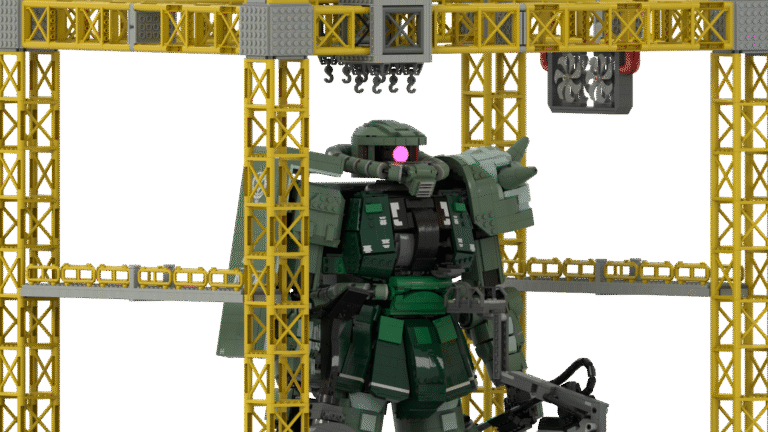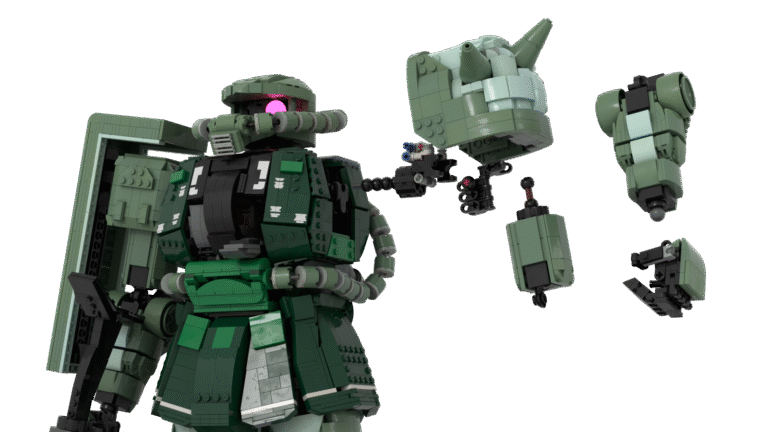
Building large LEGO models is incredibly rewarding, but it also comes with structural challenges. One of the biggest issues is weak connection points that lead to sagging, breakage, or instability. In this article, I’ll share how to identify and eliminate weak points in your large LEGO builds—especially useful for mech designs, vehicles, and display models.
1. Reinforce with Technic Structures
Why It Matters:
Bricks alone can’t handle heavy loads. Technic beams, liftarms, and axles add internal strength and distribute weight more evenly.
Pro Tip:
Build a Technic “skeleton” first, then skin it with plates and decorative bricks.
2. Avoid Single-Stud Connections
Why It Matters:
One stud isn’t strong enough to support large sections.
Solution:
Use multiple studs or wider bricks to connect critical areas.
Always double up on clips, hinges, and pins.
3. Plan for Weight Distribution
Why It Matters:
Too much weight on one side can cause bending or collapse.
Solution:
Balance the model by distributing weight evenly across the base. Use counterweights if needed.

4. Use Interlocking Layers
Why It Matters:
Bricks that run in the same direction are weaker.
Pro Tip:
Use brick bonding techniques like alternating rows or SNOT (Studs Not On Top) methods to create interlocking layers.
5. Test Critical Points in Real Life
Why It Matters:
Digital models can hide stress points that only appear in the real world.
Pro Tip:
Build key joints and supports physically before committing to the full build.
Conclusion
Avoiding weak points is crucial for any large-scale LEGO build. By reinforcing with Technic, distributing weight properly, and testing critical sections, your creations will stand strong and last longer.
Want More Building Tips?
Explore my advanced guides on LEGO mech design, structure planning, and how to scale up from digital to physical builds!
